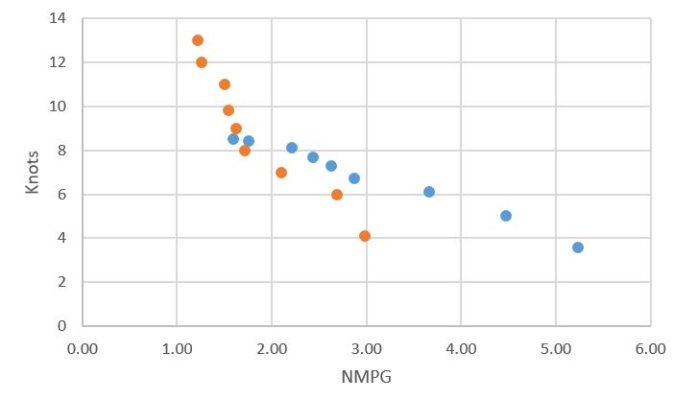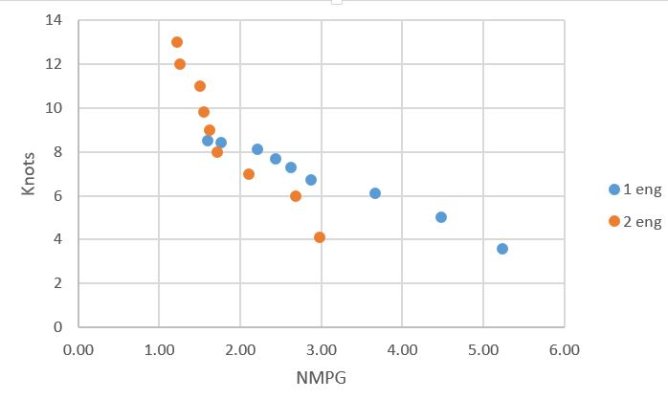mcarthur
Senior Member
- Joined
- May 9, 2018
- Messages
- 297
- Location
- Australia
- Vessel Name
- Blu Emu
- Vessel Make
- Ligure 50' aluminium power catamaran
So you missed out on the 2004 Norhaven transat? And the 2014? And you don’t want to take your boat - but you have the experience and skills and could go if you had the boat? Read on... 
We have our new-to-us 50’ power cat in the Caribbean and have been planning a transat direct to Azores and then Spain, leaving early to mid May depending on weather. Speed about 5-6kn alternating engines for efficiency, at least until the Azores.
But...we are not experienced blue water people, but want to learn (we purchased a couple of years before we thought we would and we had planned on skilling up before. No time now so we’ll learn on the job!).
There’s various places on the web to advertise for skippers, but firstly we’re not on a sail boat which is the predominant skill set, and secondly we are not interested in a pure delivery. Instead, we want to find someone who wants to lead, and pass on their knowledge. Obviously knowledge of diesels is needed too.
Mods: I couldn’t find another appropriate forum, but please move this if it’s incorrect.

We have our new-to-us 50’ power cat in the Caribbean and have been planning a transat direct to Azores and then Spain, leaving early to mid May depending on weather. Speed about 5-6kn alternating engines for efficiency, at least until the Azores.
But...we are not experienced blue water people, but want to learn (we purchased a couple of years before we thought we would and we had planned on skilling up before. No time now so we’ll learn on the job!).
There’s various places on the web to advertise for skippers, but firstly we’re not on a sail boat which is the predominant skill set, and secondly we are not interested in a pure delivery. Instead, we want to find someone who wants to lead, and pass on their knowledge. Obviously knowledge of diesels is needed too.
Mods: I couldn’t find another appropriate forum, but please move this if it’s incorrect.




 (I'm told I need to retract the statement but I'm standing fir...).
(I'm told I need to retract the statement but I'm standing fir...).
